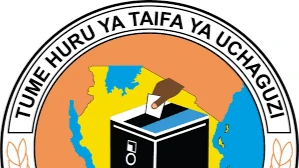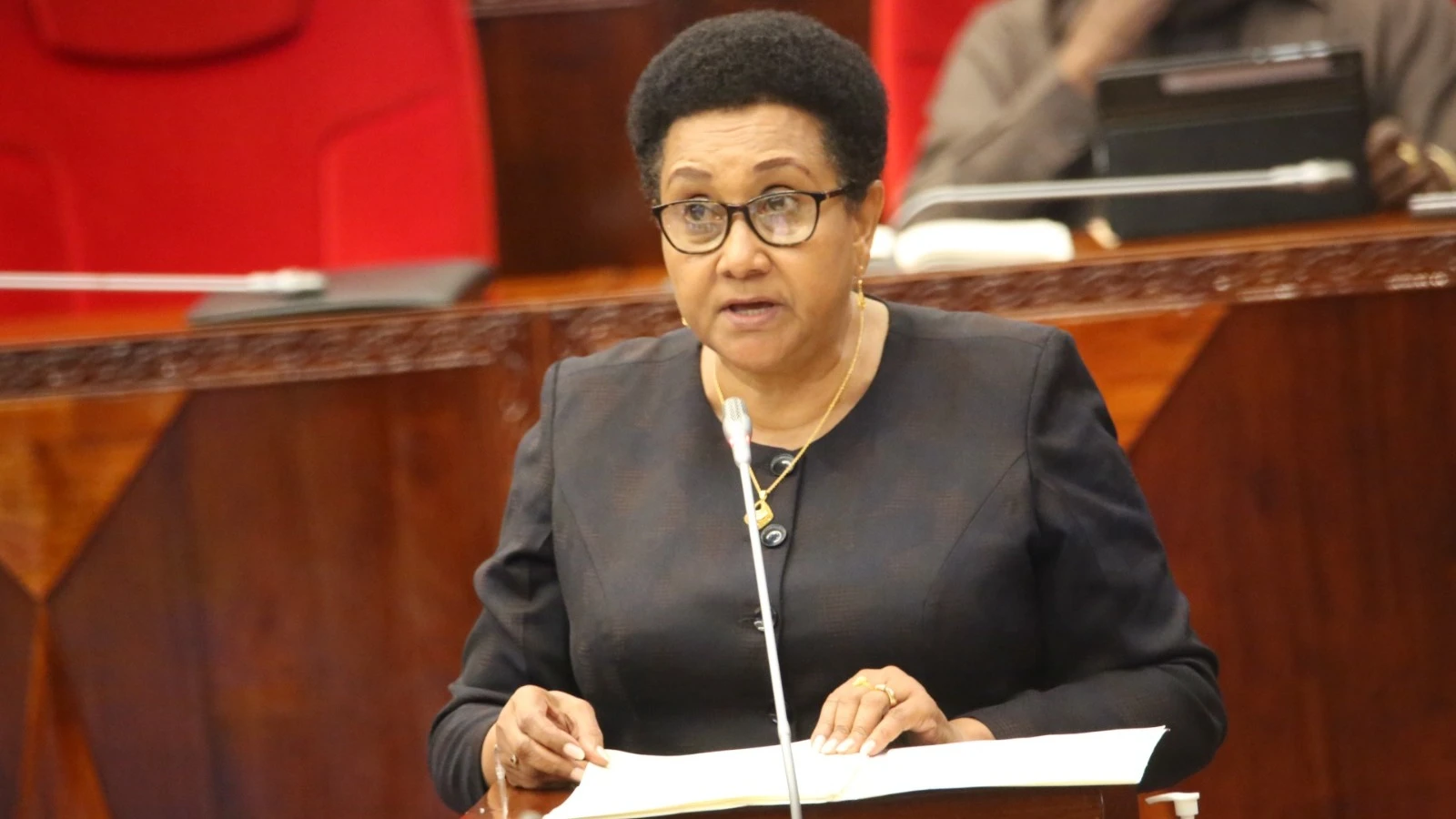Collective investment schemes push new era of inclusive economy in TZ

For years, investing in Tanzania has felt like the preserve of a privileged few—an exclusive realm shaped by limited access, scarce information, and fragile public trust.
But a new force is reshaping that landscape: iTrust Finance Limited, a new collective investment scheme.
In just a short time, this Tier 2 financial services provider has emerged as a key player in democratizing investment—opening the door for everyday Tanzanians to build wealth with confidence and clarity.
The company’s inaugural iFunds Investor Call, held in May, was more than a corporate update—it was a declaration of intent. Just five months after launching its five public mutual funds, the firm unveiled impressive returns, reflecting a strategic approach and a keen understanding of local investor needs.
Notably, the Imaan Fund, structured in accordance with Shariah principles, delivered a striking 22.51 percent return—proving that ethical investing can also be high-performing.
The iGrowth Fund followed with 13.60 percent, while the iIncome, iCash, and iSave Funds delivered stable returns ranging from 4.99 to 5.67 percent.
In a market long defined by low yields and limited transparency, these results signal a potential turning point.
But performance is only part of the story.
What truly sets the firm apart is its unwavering commitment to investor inclusion and education. With daily investment updates, access to experienced financial advisors, and a proactive communication strategy, it is nurturing a new generation of Tanzanian investors—confident, informed, and actively engaged.
As one loyal investor, speaking anonymously, put it: “I increase my investment monthly. They don’t just manage my money—they partner with me.”
In a country where financial literacy remains a major barrier, and public trust in capital markets is still being rebuilt, this kind of relationship-building is not only commendable—it’s essential.
The emergence of new players in Tanzania’s collective investment scheme (CIS) space reflects broader efforts by regulators and policymakers to deepen the country's financial markets.
Administered under the Capital Markets and Securities Authority (CMSA), collective investment schemes are designed to pool funds from multiple investors and allocate them across diversified portfolios of assets such as equities, fixed income securities, and money market instruments.
As of early 2025, Tanzania had just under a dozen licensed fund managers operating public mutual funds. Despite the small number, the assets under management (AUM) in the CIS space have grown steadily over the past five years—driven by rising interest in retail investment and increased regulatory oversight to enhance transparency and investor protection.
Most traditional fund managers in the country have focused on institutional investors and high-net-worth individuals, leaving a significant gap in products and services tailored for the broader population, including low- to middle-income earners. The newer entrants in the market are aiming to change that.
In this evolving landscape, the launch of multiple funds catering to different risk profiles and financial goals is seen as a timely intervention. Funds like iIncome and iCash cater to conservative investors seeking capital preservation and liquidity, while others like iGrowth and Imaan offer higher-risk, higher-reward opportunities for those with longer investment horizons or ethical investment preferences.
Moreover, the regulatory environment continues to support this momentum. The CMSA has been actively encouraging innovations in financial technology and investment product design, while initiatives such as the National Financial Inclusion Framework (2023–2028) are geared toward expanding access to affordable financial services, including capital markets.
The potential impact is profound. As more Tanzanians—especially youth and previously underrepresented groups—begin to see the value in structured, transparent investment platforms, the foundation is being laid for a vibrant, inclusive, and locally driven capital market.
This early success in mutual fund management is more than a financial milestone—it signals a cultural shift in how investment is perceived and pursued in Tanzania.
And it comes at a pivotal moment: retail investment is rising, pension reform is advancing, and regional financial markets are becoming more integrated under the East African Community (EAC) framework.
Still in its early chapters, this new entrant is crafting a powerful narrative. It is not just building portfolios—it is helping build belief in a better, more inclusive financial future for Tanzania.
Top Headlines
© 2025 IPPMEDIA.COM. ALL RIGHTS RESERVED

























